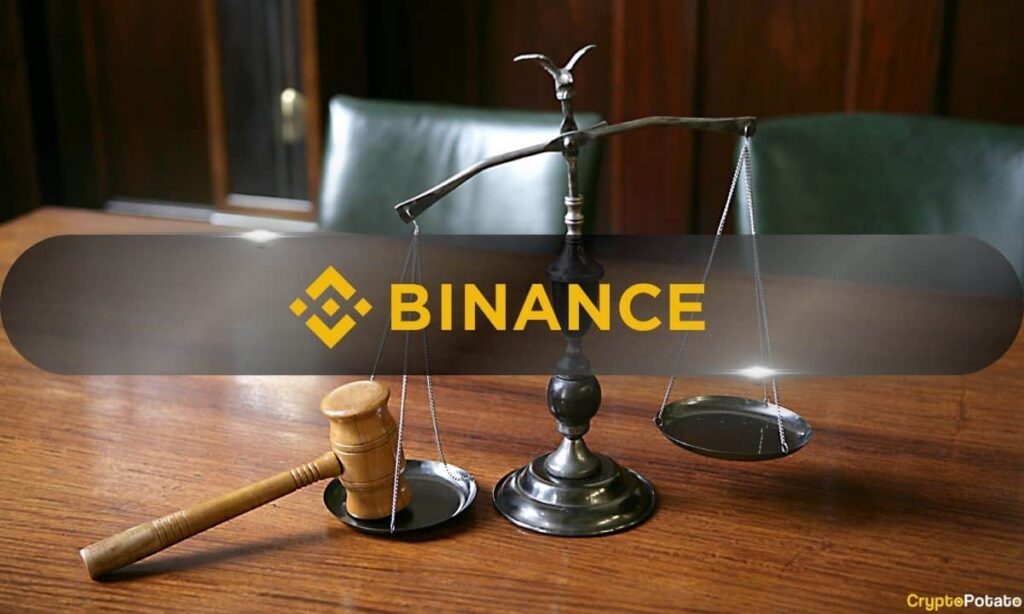The U.S. Supreme Court has rejected a petition from Binance and its founder, Changpeng Zhao.
The two parties sought a review of a ruling that applies U.S. securities laws to the exchange despite its lack of a physical headquarters.
The Supreme Court’s Ruling
The January 13 ruling follows a lawsuit by investors who accused the world’s largest crypto exchange of illegally selling unregistered tokens that lost much of their value.
The current case focuses on whether Binance, which lacks an official location, is subject to U.S. securities regulations because it serviced American clients.
In March 2024, the U.S. Court of Appeals for the Second Circuit found that the country’s securities laws could apply despite the exchange being a non-U.S. entity. This decision was made based on the fact that transactions by American investors became irreversible within the United States.
The appellate court also noted that U.S.-based investors used Binance to conduct trades while physically present in the country. The argument was that since these transactions were processed on U.S. servers, the exchange must comply with American laws.
In December last year, Binance petitioned the Supreme Court to review this resolution, arguing that technological advancements allow investors to trade on foreign platforms more easily. The crypto exchange said that this global interconnectivity allows Americans to trade on overseas platforms.
Legal Troubles
The Supreme Court’s refusal to hear the appeal means that the class-action lawsuit alleging the illegal sale of unregistered tokens will now proceed.
In 2020, a group of investors who had purchased various tokens through Binance since 2017 filed a case against the exchange, claiming it failed to disclose significant risks associated with the tokens and seeking compensation for their losses.
Years later, in 2023, the U.S. Securities and Exchange Commission (SEC) accused the platform of illegally servicing American investors. The agency alleged that Binance allowed American citizens to trade cryptocurrencies that should have been registered as securities.
In November of that year, the exchange agreed to a $4.3 billion settlement with the U.S. Department of Justice (DOJ) for violating anti-money laundering (AML) and terrorism financing laws.
Separately, the exchange faced another class action suit in Canada in April 2023, shortly after announcing its exit from the country. The federal government also fined it $4.4 million in 2024 for breaching AML regulations.
Additionally, Binance and Zhao are being sued by the FTX bankruptcy estate for $1.8 billion over an allegedly fraudulent share deal in 2021. The former CEO was also imprisoned for four months in April 2024 after being found guilty of failing to implement proper anti-money laundering controls on the exchange.
Read the full article here

